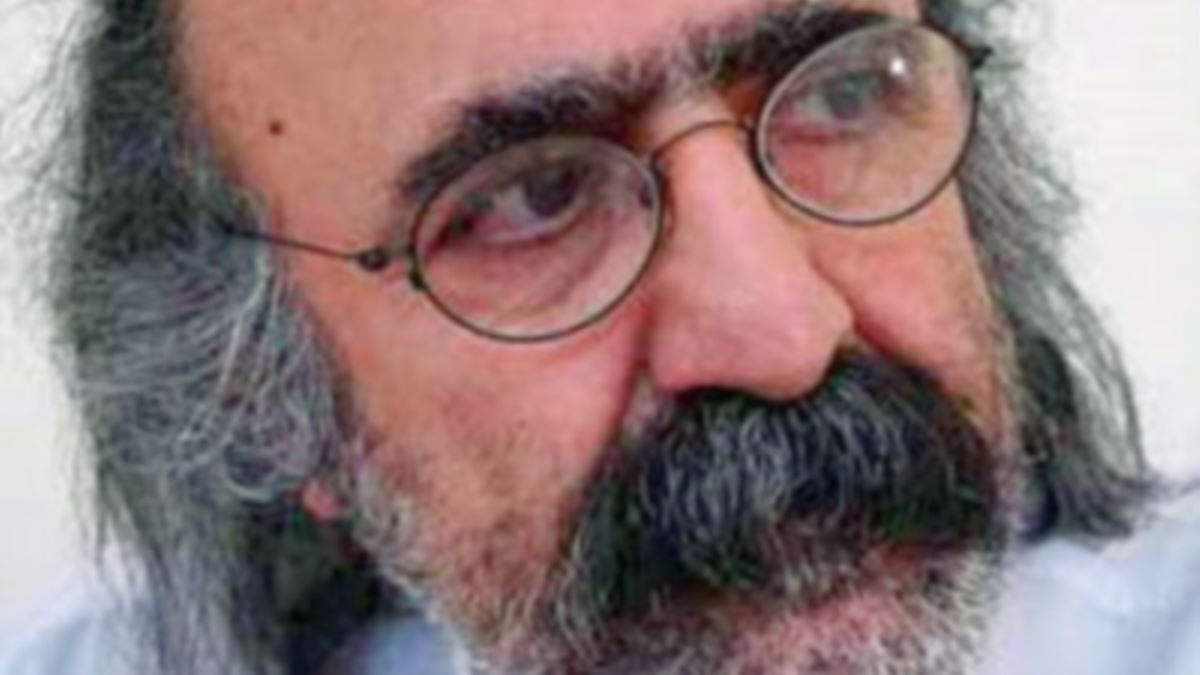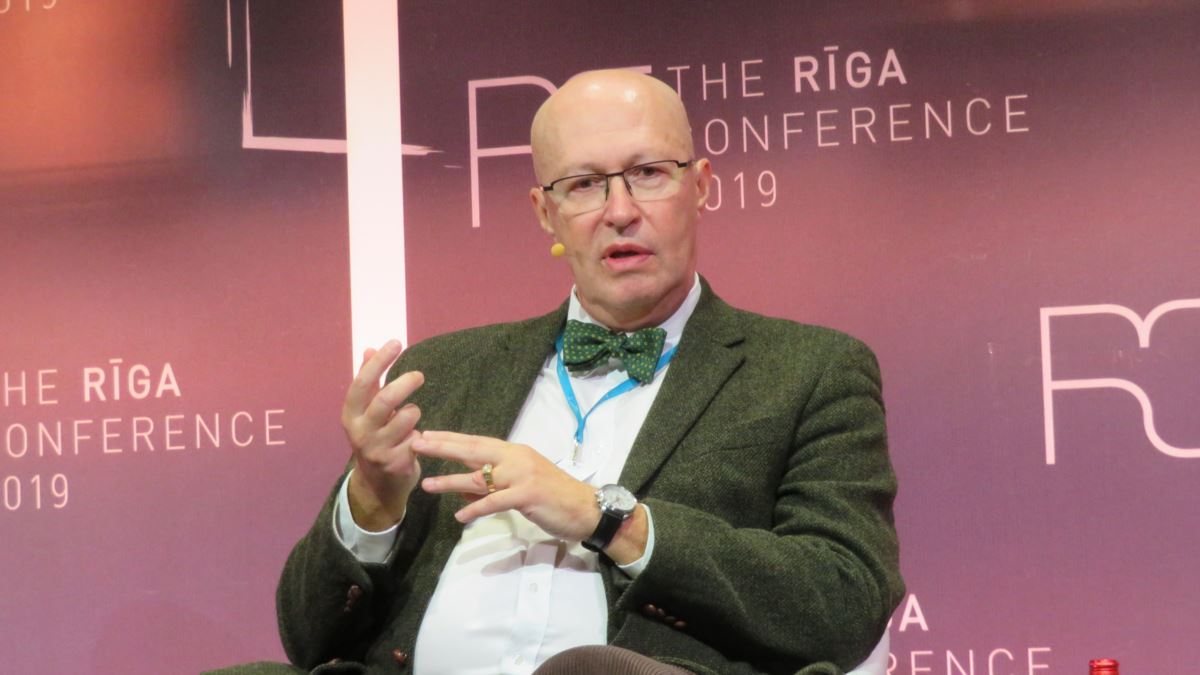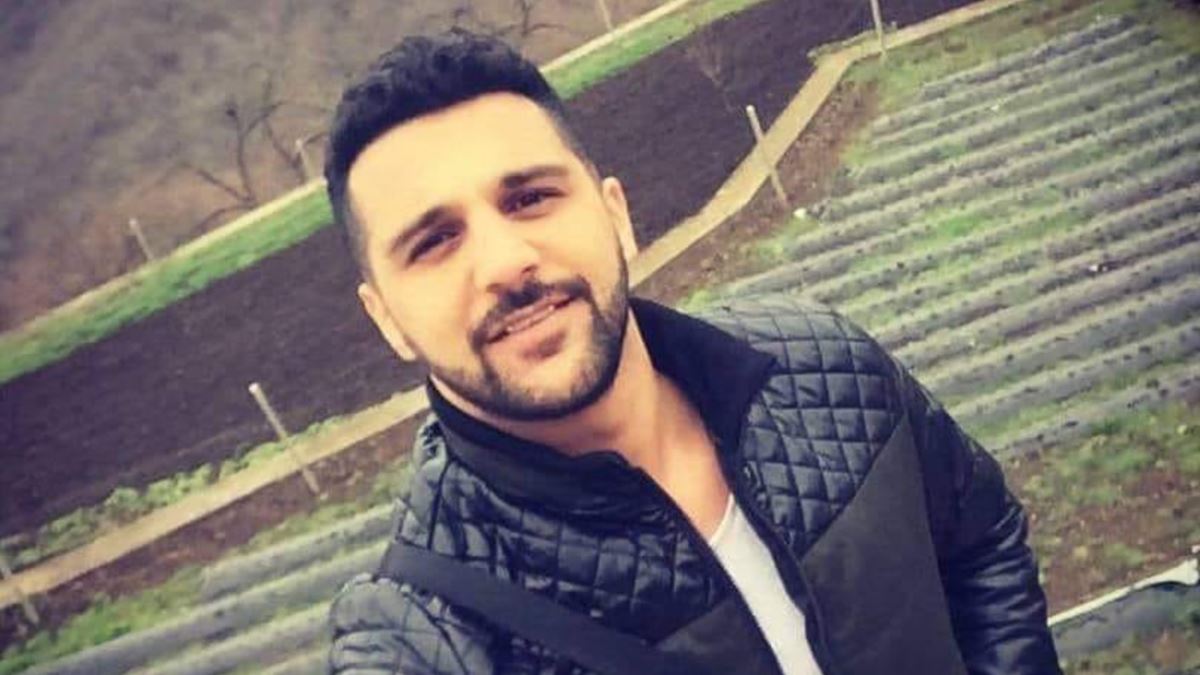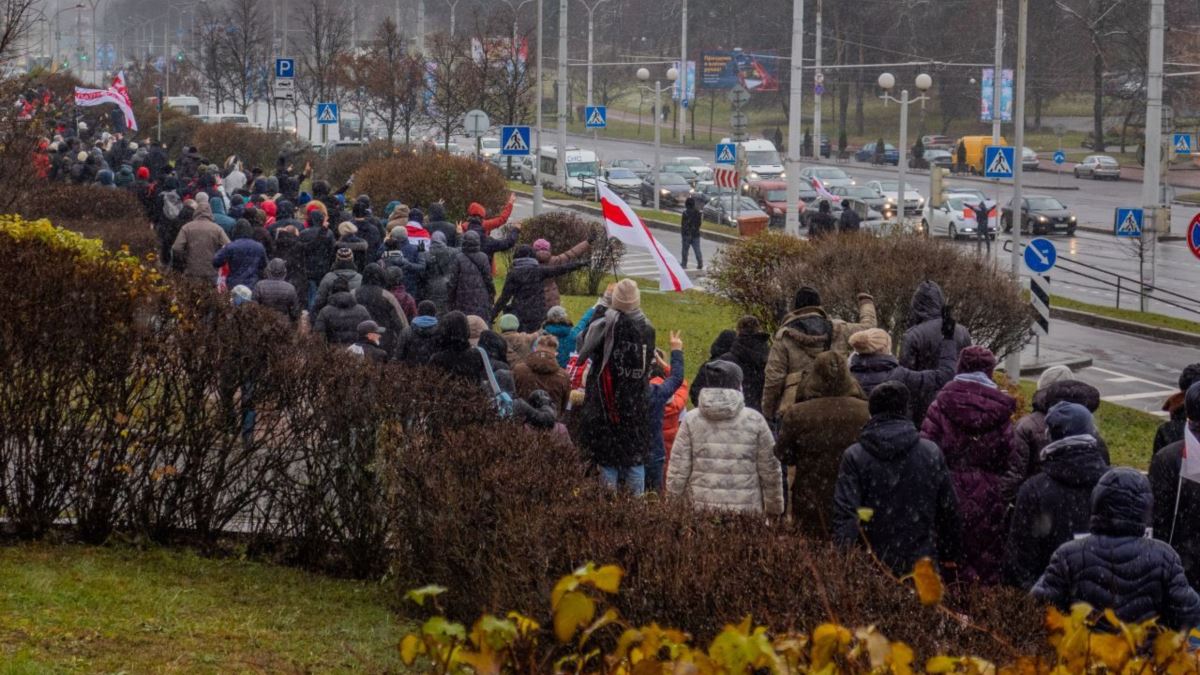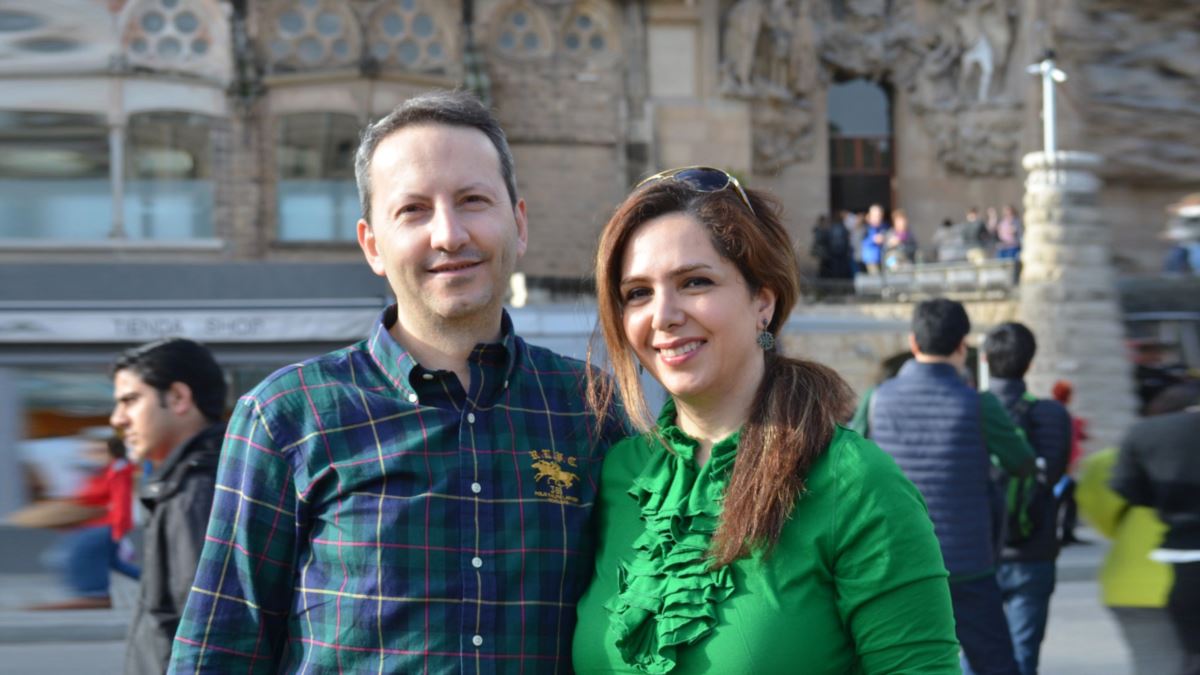SOMONIYON, Tajikistan — Land is in high demand around the Tajik capital, Dushanbe, as a growing number of people from across Tajikistan move to the capital in search of better jobs.
With house prices in Dushanbe beyond the reach of most Tajiks, a much-cheaper suburb in the Rudaki district has become the best place for many to settle. Some buy or rent houses, while others try to purchase land parcels to build their own homes.
But an investigation by RFE/RL’s Tajik Service has revealed that the high demand has led to corruption in the distribution of land in Rudaki, despite measures announced by state to root out “illegal land sales” in the sought-after district.
Multiple sources in Rudaki claim that former district Governor Rustam Akramzoda has fast-tracked several of his own relatives and acquaintances to obtain free land parcels.
Akramzoda, who was dismissed from his post in a reshuffle on November 24, denies any wrongdoing.
But documents obtained by RFE/RL indicate that at least 10 people with a connection to Akramzoda have jumped to the front of the line to receive land parcels in recent months. Others, meanwhile, wait for years before being offered land.
In Tajikistan, laws ban the private sale of land. Agricultural land can only be leased from the state. People can also receive a plot of land — free of charge — from their local government to build a home.
Only people who don’t have their own home are eligible for a land parcel in the district where they are registered as a permanent resident.
Rudaki is the most densely populated district in Tajikistan. (file photo)
Applications for the parcels of land are made to the district governor.
The governor either approves the request, sends it to local authorities in each area for a final decision, or rejects the request if the applicant is deemed ineligible.
The application must be accompanied by a lot of documentation, including a letter from the local authorities in the applicant’s home village or town to verify the applicant’s account of their personal circumstances and their genuine need for land.
A governor’s decision is usually made within days, though actually getting the land takes much longer depending on the amount of land that is available.
In Rudaki, officials told RFE/RL that there are currently about 300 approved applicants waiting to receive land plots. Authorities say the waiting time often takes between six months to one year. In reality, many families have been waiting several years.
Some applicants claimed that many people — some of whom are not even Rudaki residents and therefore ineligible for land in the district — received it in a very short period of time. Official documents obtained by RFE/RL confirm this claim.
The investigation also revealed that some those who got the land illegally have a personal connection to Akramzoda, who was appointed only two years ago to specifically fight illegal land deals, a longstanding problem in the capital’s popular suburb.
Blatant Breach Of Law
One document shows that a woman, F. D., received a land parcel in Rudaki’s Zarkamar village on September 15, less than three months after applying for it. RFE/RL has the woman’s full name but has decided not to disclose it for privacy reasons.
A copy of F. D.’s application — obtained by RFE/RL — shows that it was submitted to Akramzoda on June 26.
The information provided in the application is incomplete and didn’t meet legal requirements. For example, the applicant didn’t indicate her place of residence — vital information in determining an applicant’s eligibility.
In another breach of the law, she didn’t provide a copy of her passport as part of her application.
Another important requirement that was missing in her request is a verification letter from officials at her place of residence when the application was made.
RFE/RL has since established that F.D. and her family are not Rudaki residents — a fact that disqualifies them from getting land in the district.
Rustam Akramzoda (file photo)
However, in a blatant disregard of legal requirements, Akramzoda approved the application to enable F.D. to receive 0.6 hectares of land for free in Zarkamar to build a home.
The investigation showed a further violation of the law in F.D.’s case when RFE/RL correspondents visited Zarkamar on November 11 to look at the land parcel illegally allocated to her: she was given land on which farmers grow wheat.
Tajik law bans officials from distributing agricultural land for residential use.
Speaking on condition of anonymity, various sources in the Rudaki district government told RFE/RL that F.D.’s husband — identified as Saidmumin — is related to Akramzoda.
Contacted by RFE/RL, Akramzoda expressed surprise at the transaction, adding: “Sometimes things happen without our knowledge.”
Asked whether Saidmumin is his relative, Akramzoda replied: “We need to look into this matter.”
Different Rules For Different People
In another case in January, the wife of Akramzoda’s former driver got a parcel of land in Rudaki just a week after applying for it.
The woman, A.M. — whose name is being withheld for privacy reasons — applied for land in Rudaki on January 7 and was granted a lot in the village of Istiqlol in the Rudaki district on January 13.
A copy of A.M.’s application — obtained by RFE/RL — shows that she is not a Rudaki resident and therefore ineligible to receive land there. The woman and her family are legally registered residents of the Gulrez village in the Vahdat district.
But Akramzoda illegally approved her request and fast-tracked the case — as he had done on several other occasions involving his relatives and acquaintances.
Asked by RFE/RL about A.M.’s case, Akramzoda said he doesn’t know “how and where she got the land.”
“The district governor can’t personally check each applicant’s circumstances that have already been scrutinized by lower-level officials — starting from the village chief and the Land Committee representatives. So, sometimes it happens that the governor just trusts their judgement,” he added.
In another twist in A.M.’s case, RFE/RL discovered that in June she legally handed over the ownership rights to her plot of land to a person identified as Dilovarsho Talibov. In an important detail in the handover document — signed at a Rudaki notary’s office — the land parcel is described as a “house.” But at that time it still was just an empty plot of land.
RFE/RL has a copy of the document that says Talibov has the legal right to “sell this house with the price and conditions he chooses.”
On November 11, RFE/RL correspondents visited Istiqlol village to see the land parcel A.M. had received. Construction of a home was just beginning. Two workers at the site told RFE/RL they had begun working in October.
RFE/RL approached A.M. and her husband, Umar Gulov, for comment. Gulov initially agreed to meet our correspondents at RFE/RL’s Dushanbe bureau, but apparently changed his mind after arriving and left the office without speaking.
It’s not known whether A.M. sold the land — which she received for free — to Talibov after wrongfully registering the lot as having a house on it.
The transaction happened while some 300 others — lawful residents of Rudaki with legal rights to land plots — are still waiting for their parcels.
‘Incurable Disease’
With nearly 520,000 inhabitants and a total area of only 1,812 square kilometers, Rudaki is the most densely populated district in Tajikistan, as well as being the most populous in the Central Asian country of some 9.5 million.
Rudaki’s population has grown by 125,000 in the past decade and the government says migration from other districts is a key factor in the its rapid population growth.
Tajik President Emomali Rahmon (file photo)
Tajik President Emomali Rahmon has said that the illegal sale of land amid a burgeoning demand has become an “incurable disease” in the district.
Ironically, Akramzoda was appointed governor of Rudaki in 2018, a year after Rahmon ordered the government to clean up the corruption in land distribution in that suburb.
In a speech in October 2017, Rahmon said vast amounts of farmland had been illegally given away as real estate. Between 2015 and 2017, law enforcement agencies recorded more than 1,500 cases that involved illegal land transactions in Rudaki, he added.
Official sources say that upon Akramzoda’s appointment the president instructed him to put an end to such illegal land deals in the district.
But the results of the RFE/RL investigation suggests Akramzoda merely continued the practice of corruption he was assigned to eliminate.
Akramzoda’s dismissal by Rahmon came just five days after RFE/RL’s Tajik Service issued its investigative report.
It’s unclear if the dismissal was part of an ongoing reshuffle of a wide range of government officials that followed the October 11 presidential election or because the president was disappointed in his work halting the corrupt distribution of land in Rudaki.
But Akramzoda told RFE/RL on November 24 that he lost his job “because of the [investigative] report” by the Tajik Service.
It remains to be seen if the departure of one official will end the culture of corruption in Rudaki or whether it will be another governor’s turn to grant the valuable land plot to his own friends and family.
Written by Farangis Najibullah based on reporting by Mumin Ahmadi, Shahlo Abdulloh, and Mullorajab Yusufi
This post was originally published on Radio Free.

